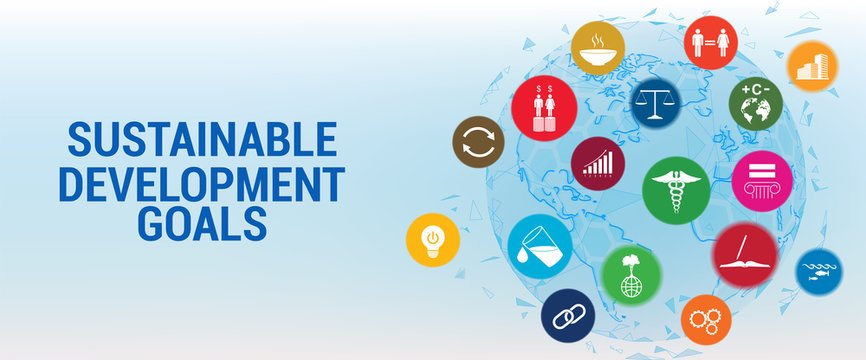Nigeria, one of the hardest-hit countries, has recorded over 10,000 cholera cases in the first nine months of the year, representing a decrease from last year.
However, with 359 deaths, the country’s cholera fatality rate remains concerning at 3.3%, significantly higher than the global average.
The global cholera crisis is taking a devastating turn, with deaths spiking significantly despite a decrease in reported cases.
According to the World Health Organization (WHO), while the number of cholera cases has dropped by 16% globally compared to last year, deaths have surged by an alarming 126%.
From January to September 2024, there were 439,724 reported cholera cases worldwide. However, the 3,432 recorded deaths signal a growing severity of the outbreaks.
Why deaths are rising despite fewer cases
The surge in cholera deaths can be linked to where outbreaks are concentrated. The WHO has highlighted that many of the worst-hit countries, including Nigeria, Afghanistan, Sudan, and the Democratic Republic of the Congo (DRC), face significant challenges that contribute to the rising death toll.
According to the report, in September 2024 (epidemiological weeks 36 to 39), the African Region reported 5710 new cholera cases across seven countries, marking a 26% increase compared to the previous month.
During this period, the highest numbers of cases were from Nigeria (1938), the Democratic Republic of the Congo (1738) and the United Republic of Tanzania (1168).
“Additionally, there were 165 cholera-related deaths, with no significant change compared to the previous month.
“The highest numbers of deaths were reported from Nigeria (87), the Democratic Republic of the Congo (39), and the United Republic of Tanzania (18).
“In conflict zones, healthcare systems are often decimated, making it difficult for patients to access life-saving treatment. Cholera is a highly treatable disease, but if patients cannot reach medical facilities quickly, it can become fatal within hours,” the WHO report stated.
Additionally, the report emphasized that many of these regions have faced extreme weather conditions in 2024. “In Nigeria, northern states such as Adamawa and Jigawa experienced severe flooding, which likely contributed to the surge in cases by contaminating water supplies.
“Flooding damages infrastructure, making it harder for people to access clean water and healthcare, thus increasing the likelihood of fatal outcomes when cholera strikes, “It stated.
September surge: Nigeria leads in deaths
In September 2024 alone, Nigeria saw a sharp 42% increase in new cholera cases, recording 1,938 cases and 87 deaths. While there was a 15% reduction in deaths from August, Nigeria’s case fatality rate remains alarmingly high.
The country’s overstretched healthcare system, particularly in rural and flood-affected areas, has contributed to the high mortality rate as people struggle to get medical help in time.
Vaccine shortage deepens the crisis.
Adding to the challenges, the global stockpile of cholera vaccines has been depleted. As of mid-October 2024, WHO announced that the stock of Oral Cholera Vaccines (OCV) was exhausted, leaving no immediate doses available to respond to outbreaks.
This shortage poses a significant risk to Nigeria, where vaccination campaigns have been vital in curbing the spread of the disease.
In July, Nigeria received 4.5 million doses of the OCV, with priority given to high-risk areas. However, as the outbreak worsens and vaccine supplies dwindle, Nigeria’s ability to contain the rising death toll may be severely hindered.
WHO expects new vaccine doses to be available in the coming weeks, but the delay could prove costly. Without timely access to vaccines and other life-saving interventions, the cholera situation in Nigeria and other affected countries may worsen.
What You Should Know
- Cholera outbreaks are strongly linked to poor sanitation and contaminated water supplies.
- In Nigeria, especially in northern regions, these underlying vulnerabilities remain a significant challenge. Flooding has compounded the issue, heightening the risk of cholera transmission during the rainy season.
- To curb the rising death toll, experts suggest that Nigeria must prioritize improving its healthcare infrastructure and emergency response capabilities, particularly in rural and conflict-affected areas. Investments in better roads and healthcare facilities are crucial to ensuring timely access to treatment.
- Additionally, scaling up water, sanitation, and hygiene (WASH) programs will be critical in preventing further outbreaks. While the vaccine shortage presents a temporary setback, long-term solutions focused on improving sanitation and healthcare access may offer the most sustainable path forward in Nigeria’s fight against cholera.











